5 Common Camping Mistakes Every Newbie Has Made
Camping mistakes are bound to happen when you are just starting out. But it's not always the newbies! Better planning and learning from common mistakes can help new AND experienced campers be more prepared.

You remembered the camp stove but forgot the propane. You didn't reserve the campsite far enough in advance, and now it’s full. You thought you had a four-season tent, but really it was just one: Summer. It's November, and rain is now coming through your new tent like a sieve!
Yep, you did it. You took a page from the Griswold family vacation playbook. It's okay. There are so many things that can potentially go sideways while trying to enjoy a camping trip. Here are five common camping mistakes that can make your life a living hell while communing with Mother Nature.
The good news is that it doesn't have to be that way with the proper prep and camping gear.
1) Not being prepared for bad weather

Among those who frequent the mountains and hills, there’s a saying: If you don't like the weather, wait ten minutes. What starts as a sunny day can have you believing it'll last throughout your entire camping trip. But don't be fooled! Always "know before you go." Good planning for a trip includes checking the weather forecast. This is especially true in the mountains, where microclimates exist, and weather systems can be more unpredictable than in the lowlands.
As "America's environmental intelligence agency," National Oceanic and Atmospheric Administration (NOAA) is an excellent resource for checking the weather forecast up to seven days out. At six or seven days, forecasts get a little more dubious. However, you'll know if you're heading into rain or below-freezing nighttime temps.
Checking the weather forecast is a good rule of thumb that will help you pack accordingly. Rain gear, along with an appropriately rated sleeping bag, heavy blankets, and sleeping pad, is vital if you are expecting rainy and colder conditions.
Pelican Outdoor happens to have two killer products to stop your camping trip from becoming miserable on those cold nights. The Civilian Woobie Blanket and Rugged Sleeping Pad will keep you snug and warm whether you are soloing the Pacific Crest Trail or car camping while touring the U.S.
2) Not bringing enough food
Perhaps it is a lack of pack space or a lack of planning. But miscalculating food is a camping mistake that both new and experienced campers have fallen victim to. It is probably the easiest and worst thing to do, especially if your camp is on your back and you're burning a ton of calories. Nothing screams desperation like eating your last granola bar with five more miles to go after already hiking fifteen. Ask me how I know.
Even if your trip is just sitting around the campfire at your favorite drive-in campsite all weekend, make sure to plan meals and pack enough food for your party. Doing it on the fly usually ends up in forgotten items. Further, if you run short on food, your crew will let you know their displeasure. Avoid a grouchy spouse and cranky kids by getting shopping done in advance.
Then, if you remember a couple of last-minute things, you'll still have time to stop on your way. You will also avoid a panic-run to the small-town convenience store. It's good to support local small-town businesses, but some of those little stores get pricey.
3) Bringing everything plus the kitchen sink

And the opposite of not packing enough is . . .
Okay, yes, "glamping" is on the rise. But aside from that, overpacking is a common mistake amongst first-time campers. Toting along a bunch of stuff you don't need usually occurs because of trying to pack last minute. It also eats up precious space.
For instance, If you will head out on a small day hike as part of your camping trip, throw in a smaller day pack like this one. Leave the enormous multi-day backcountry pack at home. Those are the types of little decisions that help conserve space. Giving yourself time for thoughtful planning can keep you from tossing in a bunch of gear you won't use. Carefully consider the nature of your camping trip. If you're trailer or car camping, you have a little more leeway. Hiking into a remote backcountry campsite will require you to streamline your gear to go lighter.
Make a checklist! It will keep you organized, and you can pare down unnecessary items even further if needed.
4) Forgetting to bring navigational tools in areas with no service
The ultimate authority on backcountry travel is The Mountaineers. They literally "wrote the book" on mountain travel and navigation in, Mountaineering: Freedom of the Hills.
The Mountaineers established the Ten Essentials in 1974, and the first item on that list is navigational tools. That includes electronics such as GPS and altimeter, in addition to non-electronic back-ups like a map and compass. A dedicated GPS unit can become ineffective in a thick forest understory. Smartphones with apps like onX Hunt are incredibly powerful, convenient, and easy to use. Download an offline map before you lose service, and you can navigate with the phone's GPS capabilities.
However, those apps can drain a phone's battery quickly. So, don't forget to bring the map and compass! Also, make sure you know how to use them. You don't want to be in the middle of nowhere, struggling to YouTube step-by-step instructions if you get in a bind.
5) Not having a first aid kit

You never know when disaster - or at least a sprained ankle - may occur. Having a first aid kit can not only help you with cuts, stings, and bruises, but it will also keep your psyche in check should an incident occur.
For example, on an elk hunt last year, I jarred my knee while hiking to my location. I stopped a little too abruptly, causing my knee to swell up like a balloon on a water spigot. Never experiencing that before, a knee problem was the furthest thing from my mind. But there I was. Luckily, I had a packable aid kit that had two instant cold compresses in it. For two days, it helped keep the swelling in my knee down. Those compresses kept me walking during the rest of the hunt and back to my truck with all my gear. You can tailor your first aid kit to the nature of your trip. Things like length and remoteness will help determine what you should bring.
Listed as number four on the Ten Essentials list, don't leave for your camping trip without a first aid kit.
Don't turn your upcoming trip into a stress-fest! You want to enjoy your camping experience and recharge. With some forethought and planning, you can avoid these 5 common camping mistakes along with a dozen others. Stay safe out there.




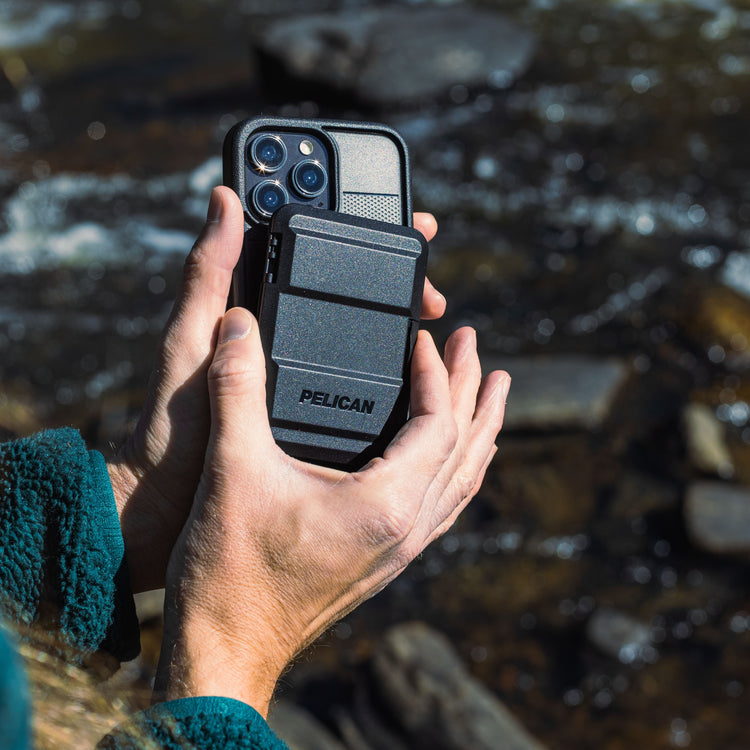
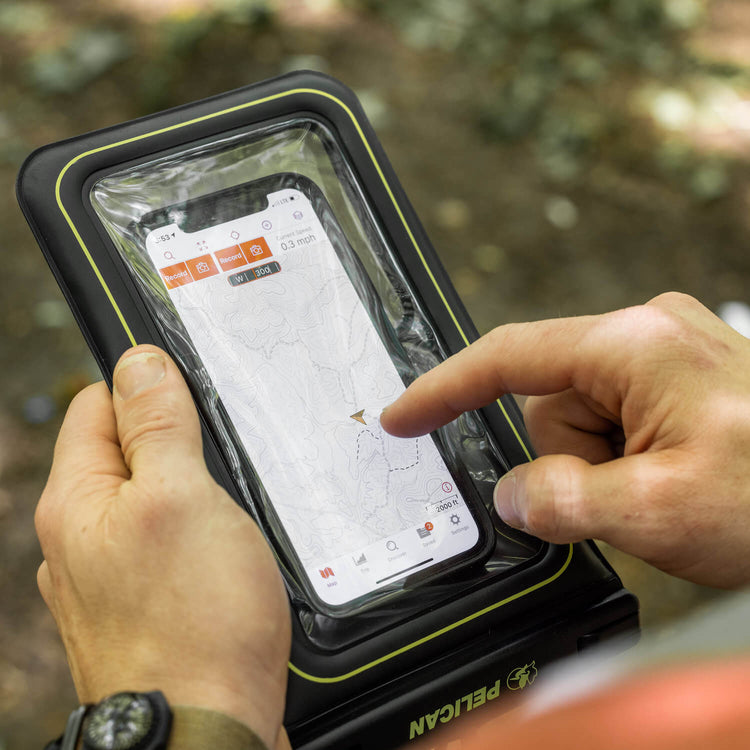
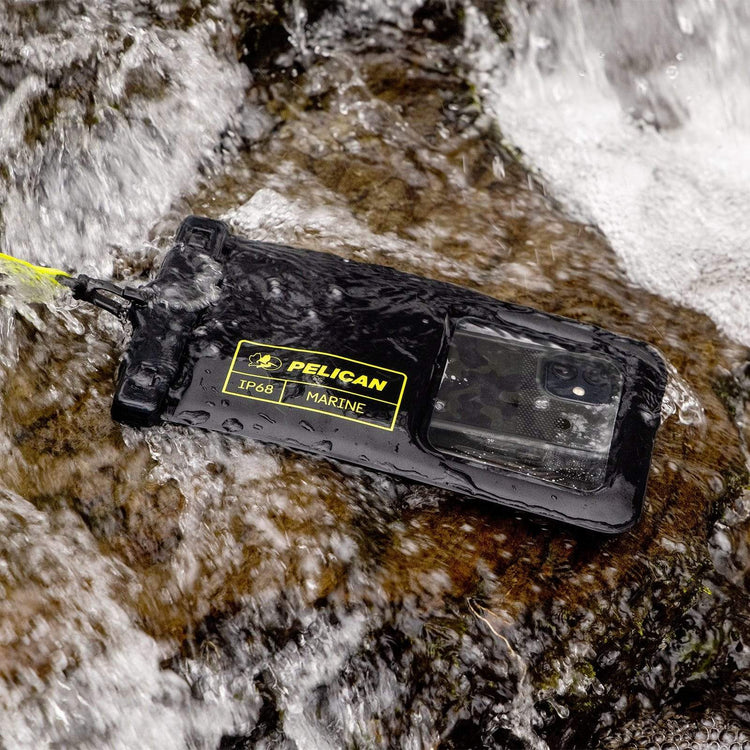
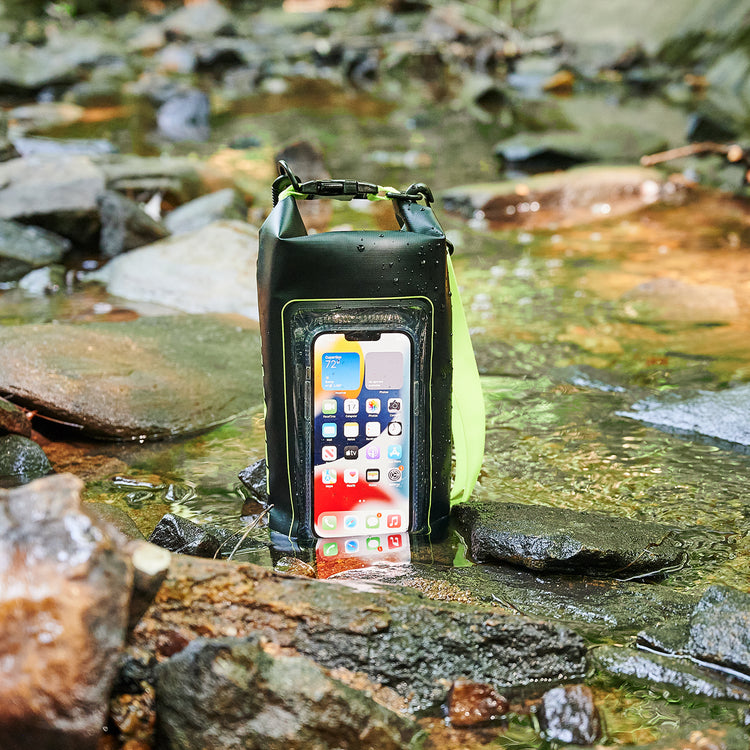
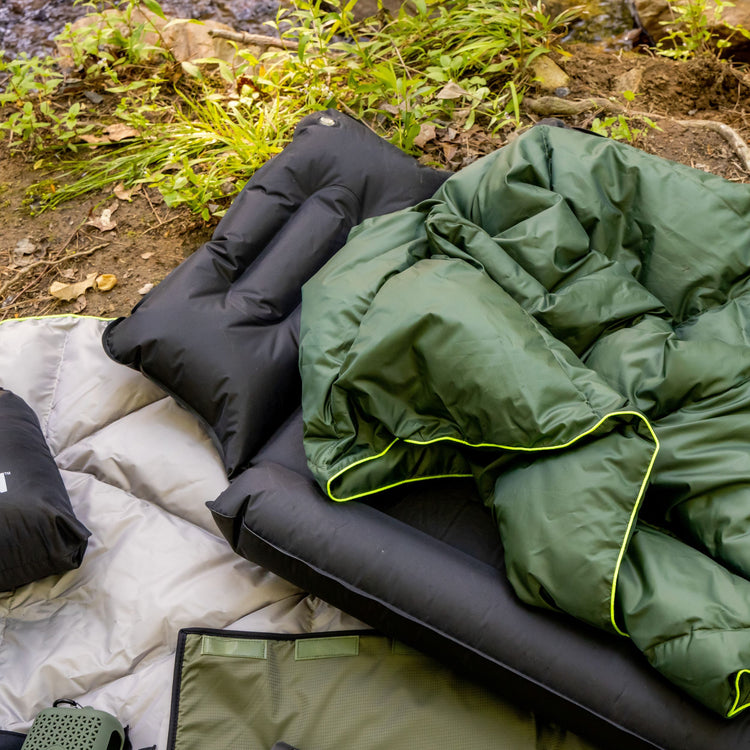
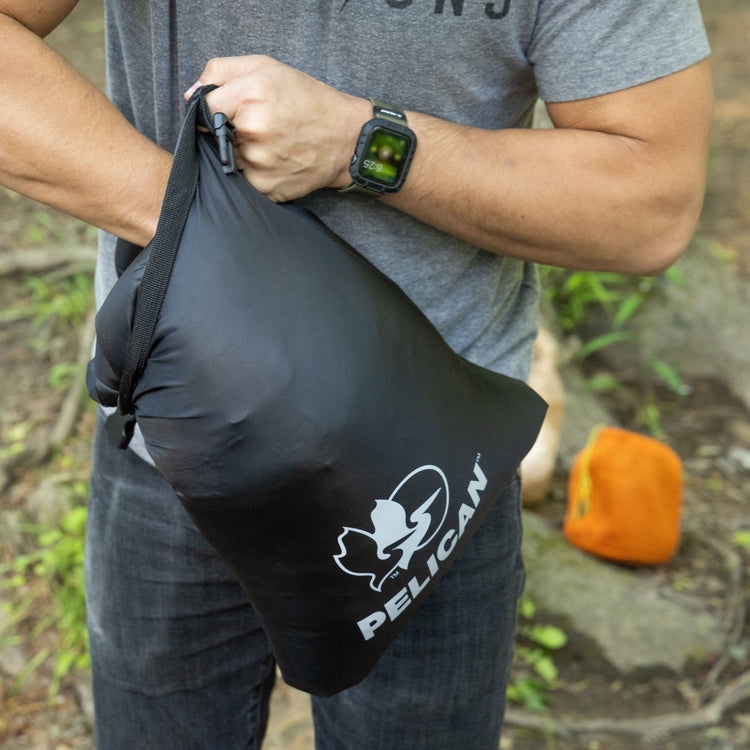
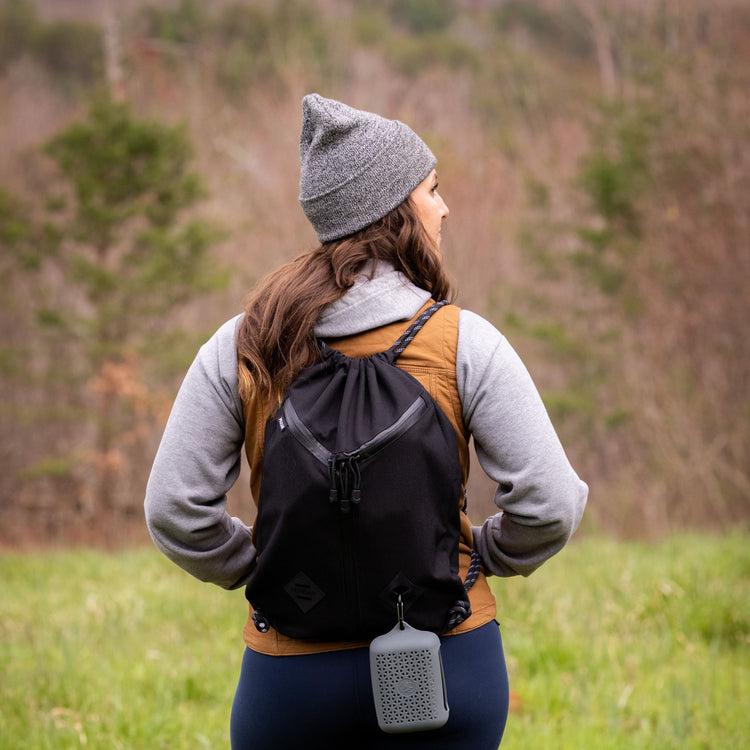
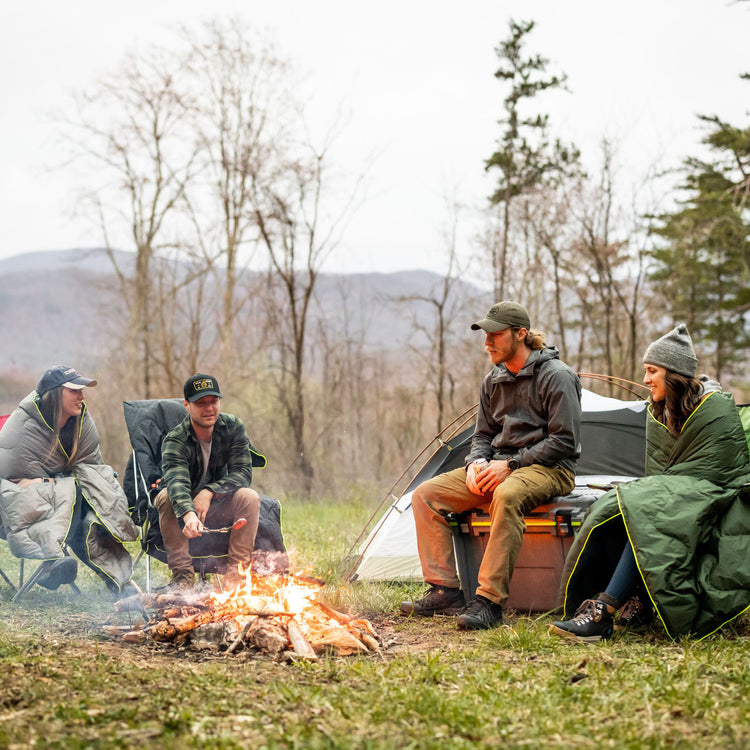

carrying proper gear is a sign of respect, not just for the environment but for yourself and those hiking with you.
https://campinggears.ph/never-get-lost-again-navigation-tools-every-filipino-camper-should-own/
Leave a comment